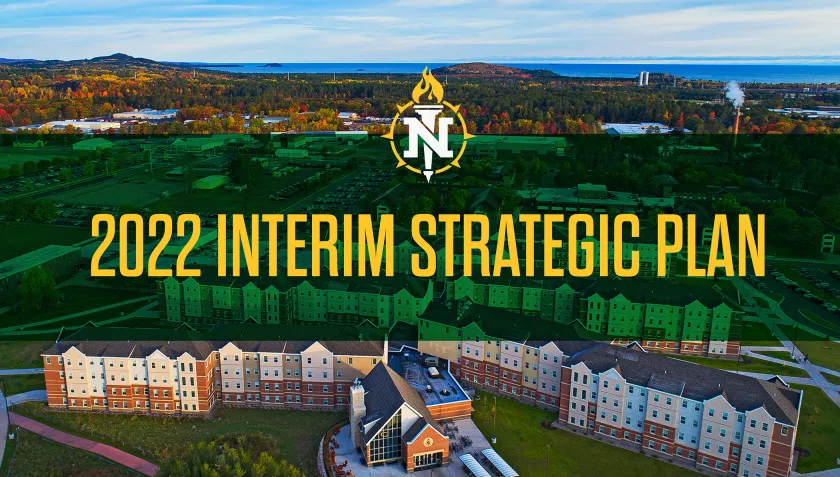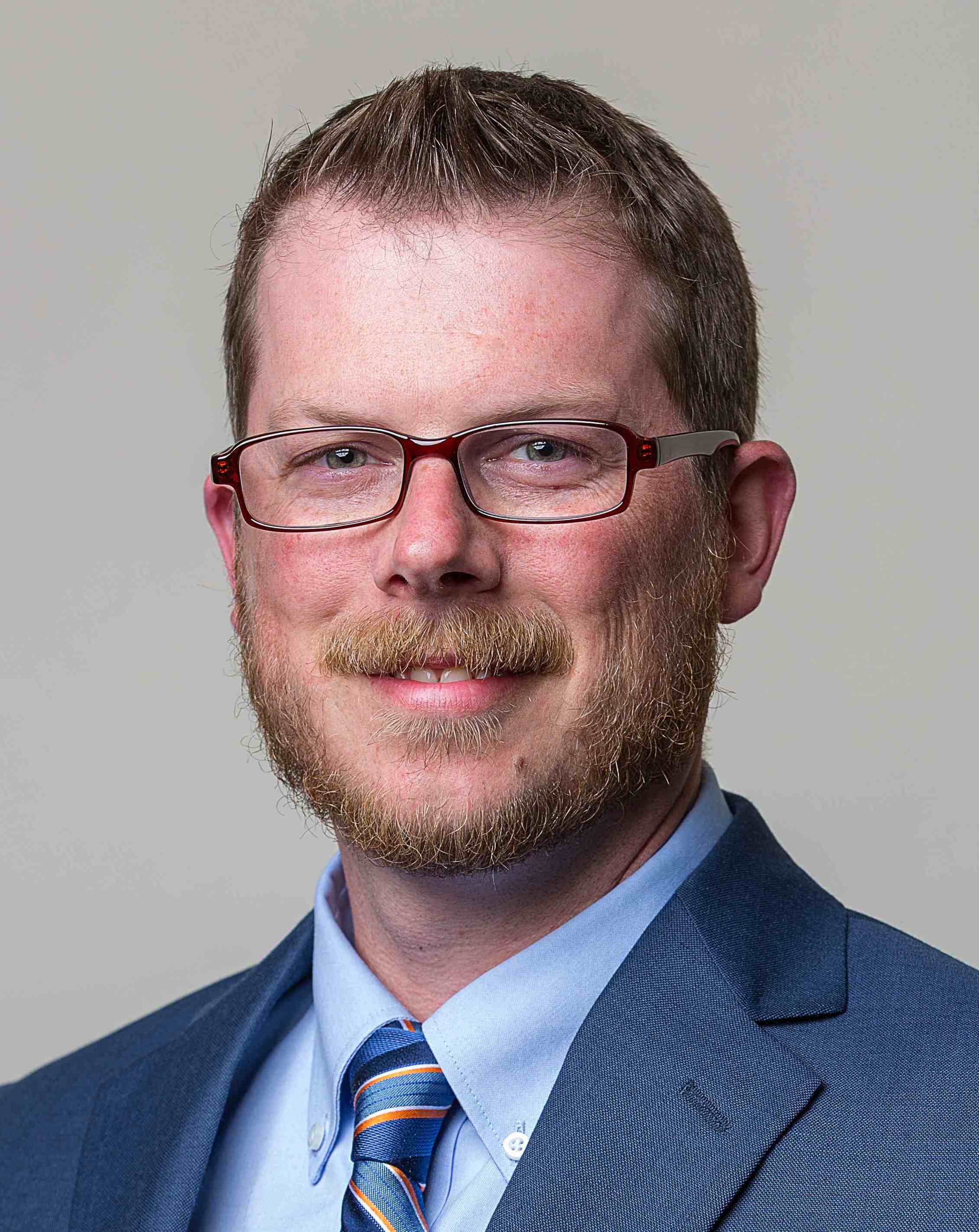Northern Michigan University has embarked on the second phase of developing an interim strategic plan that will provide an onramp for Northern's next president. Following NMU Board of Trustees' approval of the initial proposal presented in late April, steering committees representing faculty, staff and alumni are working over the summer to build action plans for five focus areas identified in the plan.
The committees' work will also improve the existing language to better define strategies, which are a collection of projects intended to achieve goals within each focus area; the tactics and associated metrics required to accomplish and monitor the strategies; and clear lines of responsibility for the tactics and strategies.
“I am so appreciative of the work of faculty and staff who continue to be significantly engaged in this critical process,” said President Kerri Schuiling, who will remain in the role until NMU completes the national search for her successor. “Their work makes clear who is responsible and accountable in moving each strategy forward to reach our goals.”
Jason Nicholas, assistant provost and director of Institutional Effectiveness, said nearly 60 people comprise the focus area steering committees that have been meeting weekly since May.
“The goal is to complete the action plans by the end of the summer and then post them on the president's strategic planning website,” Nicholas said. “From that point forward, the focus areas will be continually monitored and updates will be shared with leadership and the campus community on a regular basis.”
“The conversations coming out of this process are beneficial and allow everyone to see the breadth of work going on to support all of the important initiatives taking place at Northern. We wanted to make sure the initiatives are collected in a single source, not only so the campus community knows the university's priorities, but to inform the new president and other leadership positions. Steering committee members have remained committed into the summer and deserve high praise for their thoughtfulness and patience with the process. Without them, none of this happens.”
The five focus areas are:
¨New markets, New Supports: Identify new recruiting markets and develop new academic offerings to increase enrollment; and support students' mental and physical health.
¨Diversity, Equity, Inclusion and Belonging: Create and embrace a university-wide, welcoming culture, recruit/retain students, faculty and staff of diverse backgrounds, and integrate diversity, equity and inclusion in academics.
¨Rural Roots: Leverage NMU's unique rural location and expertise to serve as a national leader of related learning and research, and as a resource for U.P. communities, businesses and residents.
¨Environmental Sustainability: Enhance and grow sustainability efforts and education throughout the planning, operations, education, research and service aspects of the university.
¨Emergency Focus Area, COVID-19: Ensure long-term emergency planning success by reflecting what NMU has learned during the pandemic.
"Overall, I believe the Interim Strategic Plan will be helpful to whomever becomes our next president, and it should make a notable difference in all five focus areas over the next two years,” said Professor Dwight Brady, a steering committee member. “Engaging in this process not only provided an opportunity to implement new strategies and tactics, it allowed us to have discussions regarding past initiatives like international recruitment and consider ways to improve in these areas. While the process was not perfect and can certainly be improved, the collaboration that took place between faculty, staff and members of the administration has created a good model to follow in future planning efforts."
NMU held engagement sessions in March to obtain feedback from faculty, staff and students on the first draft of the interim strategic plan before it was finalized and presented to the NMU Board of Trustees.
"This interim strategic plan is intended to cover 18-24 months; it's not meant to look out five or 10 years,” Nicholas said in a previous story. “Next-generation strategic planning is also something we are preparing for and we hope to have proposals ready for the new president on day one. We will tackle longer term planning priorities at that time.”
On a related note, Nicholas was selected through a competitive process to participate in the Society for College and University Planning's Emerging Leaders program. He will attend conferences at the beginning and end of his one-year commitment, and participate in monthly professional development covering topics related to strategic planning.


